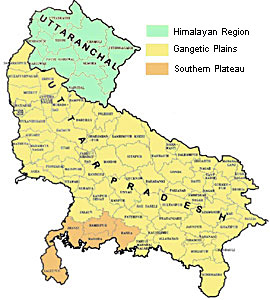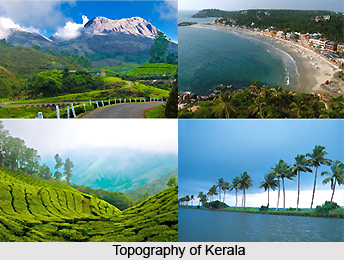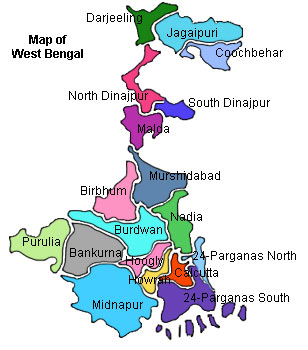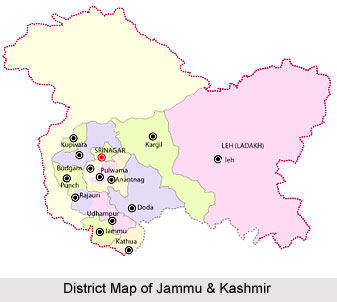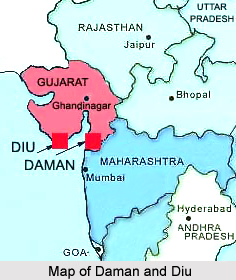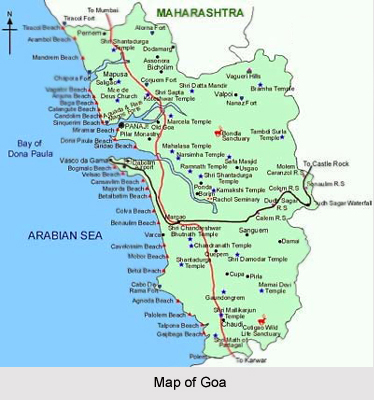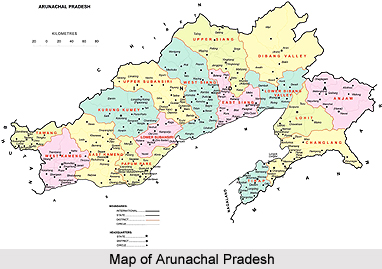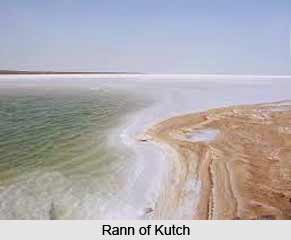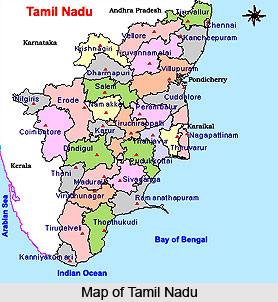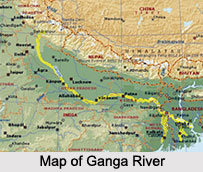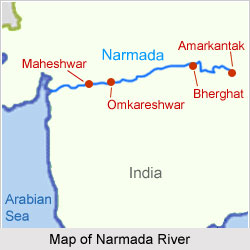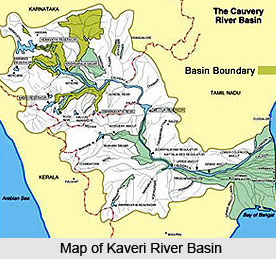 Chemical industry in India is the fourth most significant industries. It is in fourth position in size, next to iron and steel industry, engineering industry, and cotton textiles. Here too rapid growth can be witnessed in the fields of organic and inorganic chemicals. These heavy chemicals aid down-stream products such as drugs, dyestuffs, pesticides, plastics, paints etc. Chemical industry in India has made considerable progress after the independence of the country both in terms of local output and range of sophisticated products.
Chemical industry in India is the fourth most significant industries. It is in fourth position in size, next to iron and steel industry, engineering industry, and cotton textiles. Here too rapid growth can be witnessed in the fields of organic and inorganic chemicals. These heavy chemicals aid down-stream products such as drugs, dyestuffs, pesticides, plastics, paints etc. Chemical industry in India has made considerable progress after the independence of the country both in terms of local output and range of sophisticated products.
Chemical industry in India produces a vast range of products. The range of products include organic and inorganic chemicals, synthetic fibres, plastics, dyes, varnishes, fertilizers, explosives, soaps, gelatine, glue, lacquers, pharmaceuticals, cleaning compounds, etc. Further, raw materials that are used by the chemical industry are varied and of different origin. It includes petroleum, coal, calcium, salts of sodium, water, medicinal plants, phosphates, sulphur and more. Highly trained and educated workers and in addition proper availability of raw materials, research for new products, and huge sum of money are also required.
Pesticides which include insecticides, weedicides, fungicides have become immensely significant for agricultural and for public health purposes. Pharmaceuticals are yet another arena in which India gives tough competition to the third world countries. It is highly diversified and simultaneously vertically structured. The country is nearly self-reliant in basic and bulk drugs. However, imports are still indispensable. But these are compensated for, through exports to a specific degree. Almost all the basic raw materials required in the chemical industry are available in the country. Sodium chloride, which is the source of many heavy chemicals, is obtained by evaporating sea-water.
Heavy chemicals are basic industrial chemicals that form the basic raw materials for the manufacture of other products. Some of the raw materials have to be imported in order to meet the requirements of various chemical industries of India. Chemical industry consists of two branches. One of the branches is engaged in the manufacture of plastic chemicals and the other one is engaged in the fabrication of the plastic chemicals into several types of goods. Production of plastic chemicals in the country is comparatively small. Polyethylene, polystyrene and several other moulding powders and resins are imported per year.
Man made fibre is either made from cellulose or is synthesized from chemicals. Production of man made fibres in India falls significantly short of the total requirements of the textile industry. Indian soil being considerably deficient in fertilizing elements mainly phosphorous, potassium and nitrogen are less productive. Fertilizers with different combinations of different elements are also being manufactured in the country. Consumption of fertilizers has increased tremendously and the production of several types of fertilizers has also increased over the past few years.
